Word list
This list explains what the bold words in this document mean.
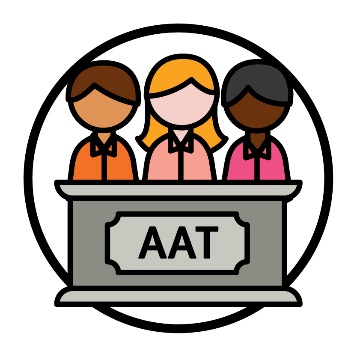
| Administrative Appeals Tribunal (AAT) The AAT is a government organisation that is separate to the NDIS. They check the NDIA’s decisions about: - who can join the NDIS
- NDIS plans.
|

| Bulletin A bulletin is an important news item we share with the community. It explains what we did in our last meeting. |
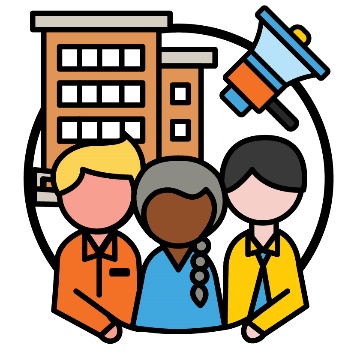
| Disability Representative and Carer Organisations (DRCOs) These organisations speak up for people who support people with disability. |

| Disability Royal Commission The Disability Royal Commission is a way to look into the experiences of people with disability. |

| Foster care Foster care is when a child lives: - in a home with a family they do not know
- with people who look after children who might not be safe.
|
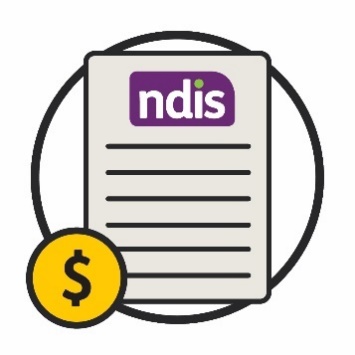
| Funding Funding is money from your plan that pays for the supports and services you need. |

| Hospital Liaison Officers (HLOs) HLOs help hospitals support people with disability to get the support they need. |
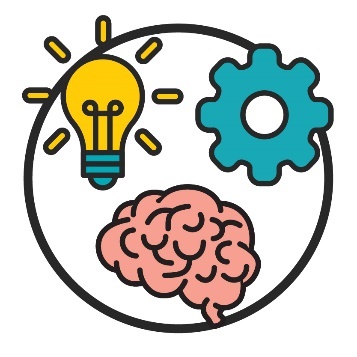
| Intellectual disability An intellectual disability can affect how you: - learn new things
- solve problems
- communicate
- do some things on your own.
|
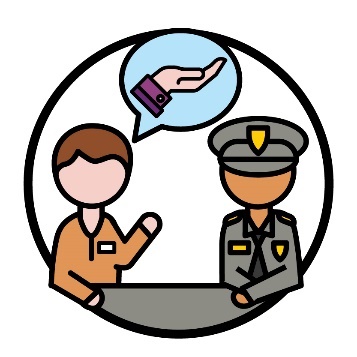
| Justice Liaison Officers (JLOs) JLOs support prisons to understand how the NDIS can support people with disability in prisons. |
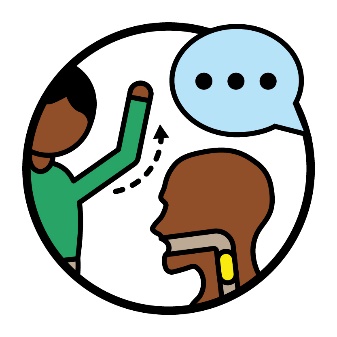
| Machado-Joseph disease Machado-Joseph disease is a disability that affects how you: - move your body
- speak
- swallow.
|
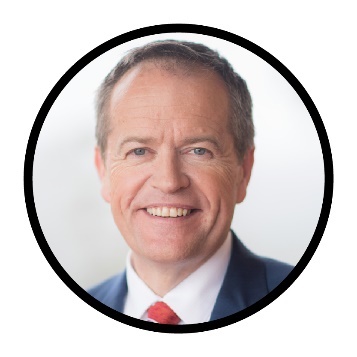
| Minister A minister leads an area of government. |
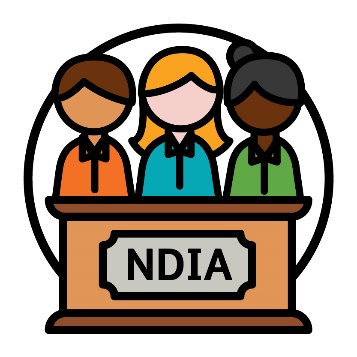
| NDIA Board The NDIA Board is a group of people who make decisions about all parts of the NDIA. |
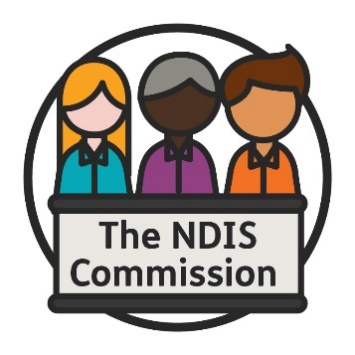
| NDIS Quality and Safeguards Commission (NDIS Commission) The NDIS Commission makes sure people who take part in the NDIS: - are safe
- get good services.
|
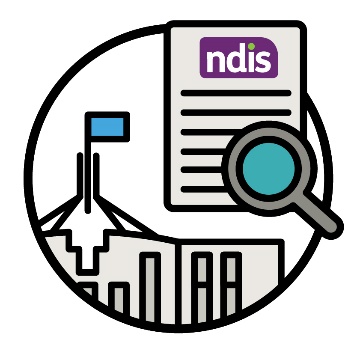
| NDIS Review The Australian Government is checking the NDIS. We call this the NDIS Review. The NDIS Review checks to see what: - works well
- could be better.
|
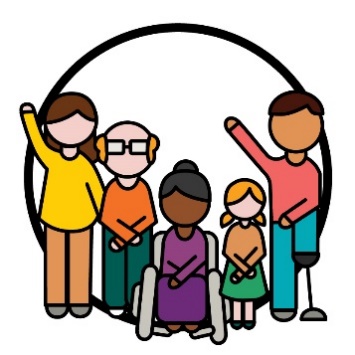
| Participants Participants are people with disability who take part in the NDIS. |
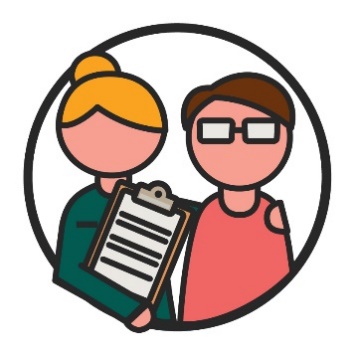
| Providers Providers support people with disability by delivering a service. |

| Public guardian A guardian is a person who acts and makes decisions for you. The government chooses a public guardian if your guardian can’t be your: |
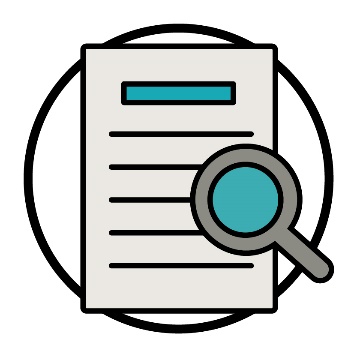
| Review When the NDIA reviews something, they check to see what: - works well
- needs to be better.
|
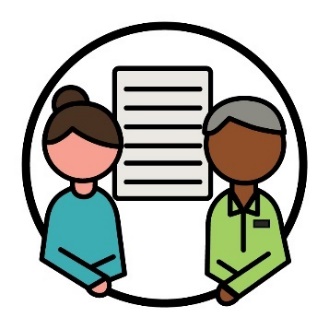
| Support coordinators A support coordinator is someone who helps people with disability manage their plans. |
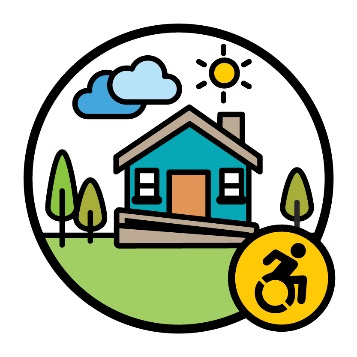
| Specialist disability accommodation (SDA) SDA is housing for people with disability who need extra support most of the time. |

| The Information Access Group created this Easy Read document using stock photography and custom images. The images may not be reused without permission. For any enquiries about the images, please visit www.informationaccessgroup.com. Quote job number 4773-A. |